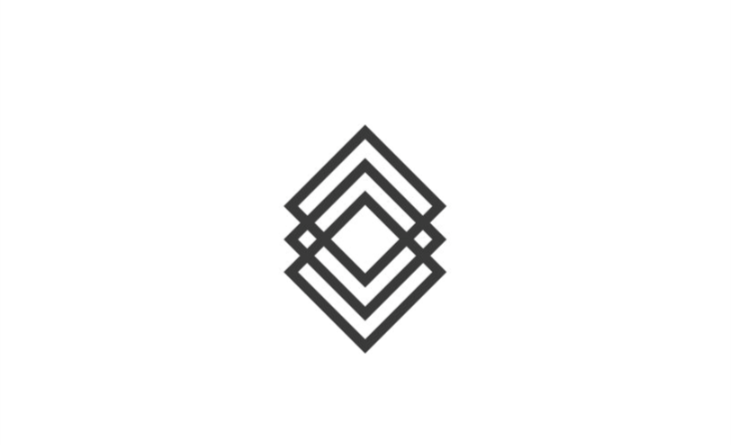Corporate governance could seem an easy task until you have to manage millions of assets distributed across thousands of stakeholders who are all involved in the decision making processes in real-time.
A few years ago, the kind of scenario described above may not have been envisaged or even be near existence. Today with blockchain technology, several innovations are springing up that perfectly fit the above description. Incidentally, these recent developments appear to even come with extended complexities of compulsory economic and incentivized management.
Demystifying the complexities of blockchain
Democratic governance enables community participation in corporate decision-making processes. However, the complex nature of blockchain’s distributed technology necessitates the adoption of more sophisticated processes in order to achieve effective and efficient governance.
The emergence of Decentralized Autonomous Organization(DAO) in 2016 as instantiated by Ethereum paved way for numerous possibilities within the ecosystem. The DAO protocol introduced a system of governance that ensures real-time quantifiable governance procedures that are scalable and can manage the complex innovations of today.
DAOs are open, self-organized collectives coordinated by economic incentives and self-executing code, cooperating around shared goals. DAO protocols, built on Ethereum smart contracts enable effective automated governance with almost limitless capacity. Having experienced the infamous exploitation shortly after its record crowdfunding campaign, and other regulatory challenges soon afterward, the protocol has developed even more within the last two years.
A DAO operating system
Even though DAOs have attracted top talents in the blockchain space, holding promise for more efficient and resilient organizations, they have lacked critical elements to be successfully deployed so far, and in particular an adequate decentralized governance system. Addressing the above limitations is an essential step towards enhancing these democratized systems. One way of achieving this is by creating a comprehensive toolkit for developers, where DAOs can be built for the purpose of objective implementation.
Functional operating systems like DAOstack represent the toolkit for exponential organizations, powering decentralized companies, funds and markets, enabling them to make fast and innovative decisions at scale. This implies that thousands of open-source creators can jointly produce decentralized applications (DApps), while distributing individual ownership in the product to contributors of value.
For the purpose of effective governance and self-organizing collectives, these operating systems are embedded with peculiar features that include the Blockchain governance, which involves decentralization based on Ethereum smart contracts, enabling faultless execution of crowd decisions. Also incorporated is the Programmatic cooperation which enables a crypto-economic incentive design at the individual level and empowers frictionless cooperation at the collective level. Then finally the Holographic consensus for effective decision-making. This is possible with edge decisions guaranteed to be coherent with the will of the greater majority.
Solving blockchain scalability problems
In the end, it all boils down to capacity management and adaptation to the realities of technological advancements. The growth rate and innovative demands necessitated by daily developments within the tech world makes it expedient for infinitely scalable services to be introduced. Scalability is a non-negotiable capacity that any modern day resources must possess in order to be relevant in today’s technological ecosystem. Hence, such robust setups like DAOstack permit crowd curators to cooperatively own and manage multi-valued ranking systems to compete with Yelp, TripAdvisor, or YouTube. And autonomous networks can run their collective investment or insurance fund. This is a key feature of the open protocol which sets up for actual mainstream implementation of blockchain technology.
Described as the technology where everyone can have control and be a stakeholder, blockchain technology as a whole requires such governance systems in order to fulfill its potential. Therefore, the opportunities created therein takes us closer to the realization of the ultimate goal of decentralization, where efficiency and scalability will be foregone concerns.
